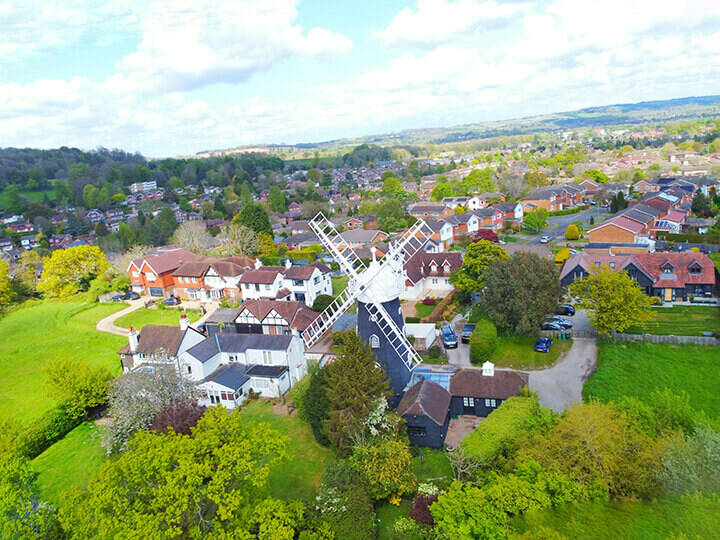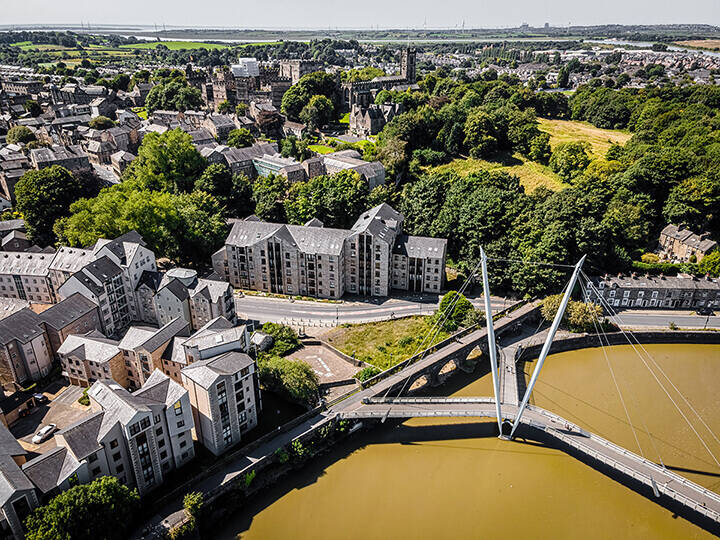At a time when authorities are under pressure to make savings, the City of Wolverhampton Council started charging customers to collect their garden waste. It was imperative for this income to generate a positive return: it couldn’t result in costs being incurred elsewhere – in Customer Services, for example – due to an increase in calls. So a solution was needed that would help people self-serve and, if they didn’t have access to a computer, signpost them to a Customer Services Officer for a conversation.
THE CHALLENGE
At a time when authorities are under pressure to make savings, the City of Wolverhampton Council started charging customers to collect their garden waste. It was imperative for this income to generate a positive return: it couldn’t result in costs being incurred elsewhere – in Customer Services, for example – due to an increase in calls. So a solution was needed that would help people self-serve and, if they didn’t have access to a computer, signpost them to a Customer Services Officer for a conversation.
This solution had to:
1. Validate that the person’s address was in the City of Wolverhampton in real time
2. Work out if the person was entitled to a concession or had to pay full price
3. Enable the person to book a collection - and to pay for it, securely
Early on in the process, it was realised that accurate addressing, spatial data, and a sharable
Following consultation, the LLPG, AddressBase and the UPRN were chosen to underpin the system – presenting a simple user interface that was easily recognisable, but backing that up with a connected, twelve-digit UPRN, plus coordinates or historical versions of an address when appropriate. consistent reference would be critical to all parts of the service.
THE SOLUTION
Customers needed to look up an address, select it, and pay for the service. A public-facing web page was created with a simple address look-up powering the options as addresses were typed in. Cross-referencing with UPRN allowed matching to housing benefit back office systems, which confirmed any concessions applicable to the customer/address.
The Address/UPRN details of those customers who signed up to the service also included their geographic location. These were forwarded to colleagues in Waste Services, which meant that bin vehicle routes could be optimised from the outset. (Change-only update files are now sent daily, enabling even more efficient routes to be calculated regularly by the truck’s routing software.)
THE RESULTS
The solution is a self-serve portal that enables the booking of garden waste collection, easily and quickly, with integration that also improves the efficiency of back-office services and field-based colleagues.
• Between 5th October 2018 and 8th April 2019, 26,993 customers registered for the service. They ordered 27,802 bins, generating an income of £ 918,137.50 towards the service for the first year.
• 18,054 customers requested the Garden Waste Service online, with only 8,939 customers needing requests to be processed by a customer services officer.
• Staff hours saved within Customer Services equated to £14,082.12.
With 113,000 residential addresses in the area, and over 10,000 commercial customers, the number of anomalies was minimal: just 0.013% instance of a bin that couldn’t be delivered, because the address couldn’t be found without further investigation.



